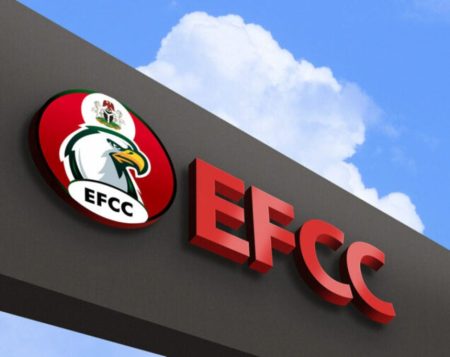Oscarline Onwuemenyi
23 March 2016, Sweetcrude, Abuja – The latest economic report from PricewaterhouseCoopers (PwC) has projected Nigeria’s Gross Domestic Product (GDP) at $6.4 trillion within the next 34 years, surpassing Germany, the United Kingdom, France and Saudi Arabia, if diversification agenda is genuinely implemented.

According to the report, titled, “Nigeria: Looking beyond oil”, the intrinsic potential in the non-oil sector can be realised if value added to oil and gas output urgently improves, considering how investments across the downstream sector can aid production of petrochemicals, fertilisers, methanol and industrial raw materials relevant in both industrial and consumer products manufacturing which Nigeria currently imports.
The report noted that the transition to a non-oil economy will not be an easy task, considering the lingering four concerns bordering on the business environment—corruption, inadequate infrastructure, low skill levels, and macroeconomic uncertainty.
Indeed, the report explained that potentially, Nigeria’s global agriculture exports could take-off at a rate similar to Brazil’s, with $59 billion in export revenues by 2030, while value added to oil and gas output needs to urgently improve by implementing diversification within the sector.
“In the 2016 Ease of Doing Business ranking, Nigeria ranks 169th (2015:170th) out of 189 economies surveyed. Interestingly, Rwanda jumped through the rankings from being 143rd in 2009 to 62nd in 2016. Over that same period, Nigeria’s ranking worsened as it moved from 102nd to 169th.
“This emphasises that the economic and regulatory environment needs to be more conducive for business. This means simplifying complex regulation and processes, and eliminating the hurdles that stand in the way of a bigger and more productive private sector.
“Our survey highlights the exchange rate as one of the top challenges facing industries in recent times. Capital controls, FX rationing, and restrictions on the importation of certain items are measures the CBN has implemented to preserve the foreign reserves and maintain currency stability. Considering the outlook for the oil price is a lower for longer scenario, we think these measures if sustained over a prolonged period are negative for the economy.”
It added that limitations to capital flows, the lack of transparency, liquidity and price discovery in the official foreign exchange market could deter competitiveness, limiting FDI and consequently growth. “Sustaining the wide premium between the official and black market rates as well as ingenuity to circumvent economic restrictions could further breed corruption and revenue leakages with massive costs to the economy,” the report showed.
While efforts are underway to implement diversification agenda, the PwC report explained that Nigeria needs to ensure sustainable fiscal management that is resilient to global oil price cycles, noting that improving tax collection and administration have become imperative for achieving national growth objectives.
“The potential for a resurgent non-oil sector clearly exists. According to our long-term projections, Nigeria could grow at five to six per cent yearly on average in the long-term assuming broadly growth friendly policies are being pursued.
“Based on an input-output analysis multiplier model across 26 sectors, we identify Agriculture, Petroleum, Retail and ICT as the sectors with the strongest inter-industry linkages, both backward and forward,” the report stated.



